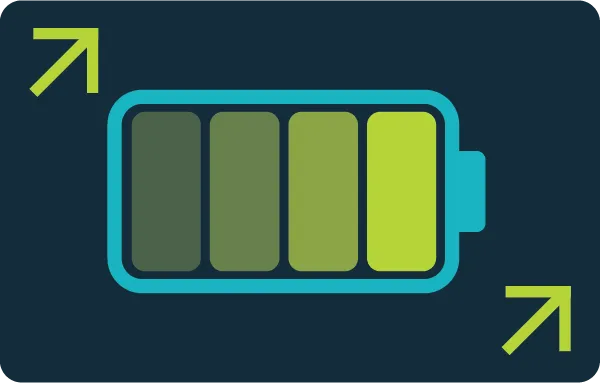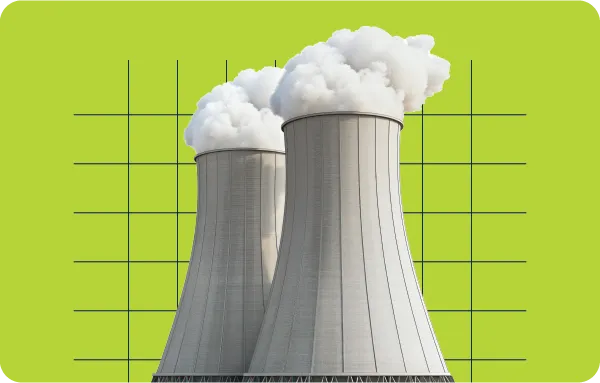
Every day brings new challenges, and we're energized by the pace of change.
This month, we’ve focused on progress—advancing battery energy storage technology, supporting the Promise Landing Ball, and organizing a ribbon cutting at Legends Charter School. Moving forward, we’re excited to continue driving the future of sustainability together.
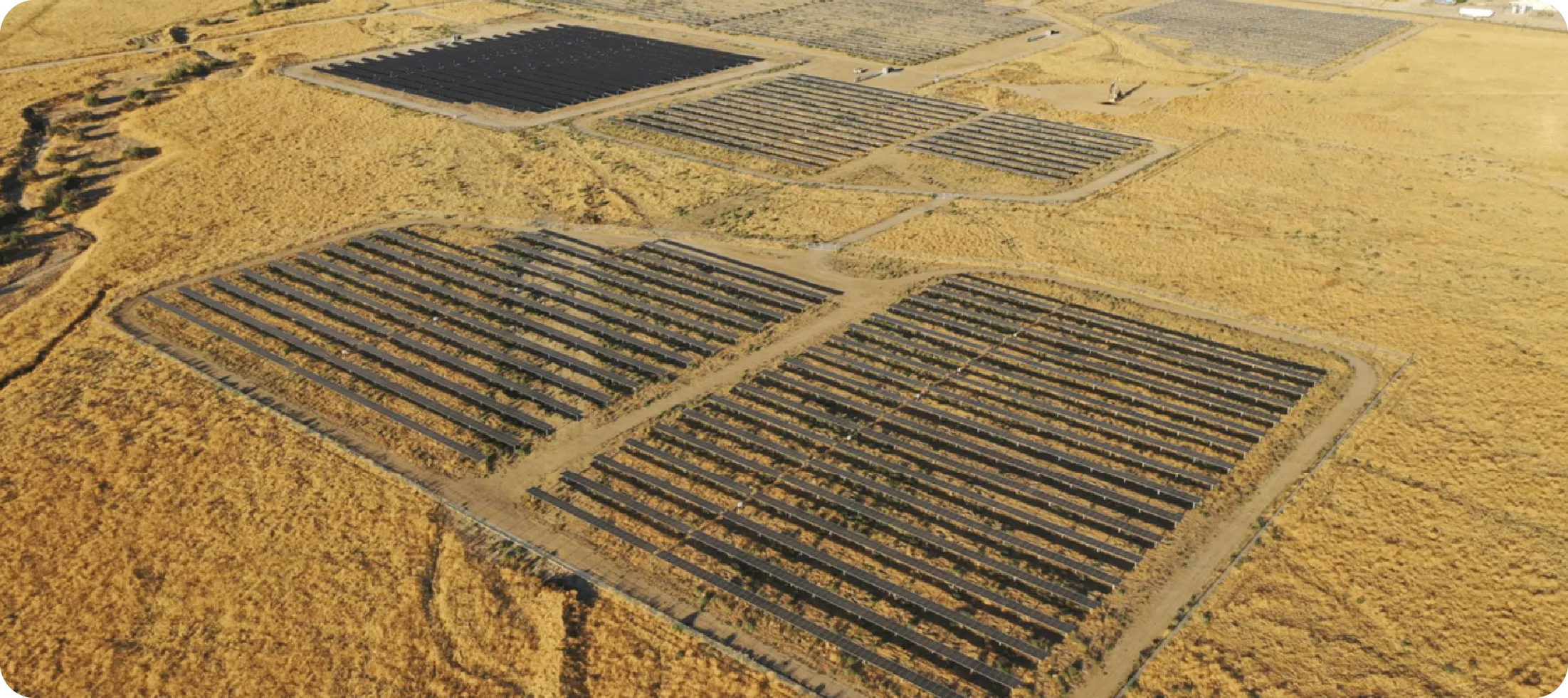
Our project spotlight this month takes us to sunny California and the Wheeler Ridge Two solar project, a collaboration between Wheeler-Ridge-Maricopa Water Storage District, White Pine Renewables, and Madison. This 7,869 kW (DC) ground-mount site will produce an expected 15,550 MWh annually. The project is anticipated to be completed later this year.
A coalition of developers and trade associations believe PJM should be required to improve the process by which existing renewable energy projects can be augmented with battery storage capacity.
Amazon and Google announced new investments in small modular nuclear reactors to satisfy their data centers’ growing demand for power.
October marks movement in clean energy in California, New Mexico, and New York.

This month, Madison graced the international stage as CEO Richard Walsh traveled to Belgium to moderate a discussion at Net Zero Europe: Solar & Energy Storage. The conversation highlighted the need to view distributed generation not just as a national issue but as a global imperative.
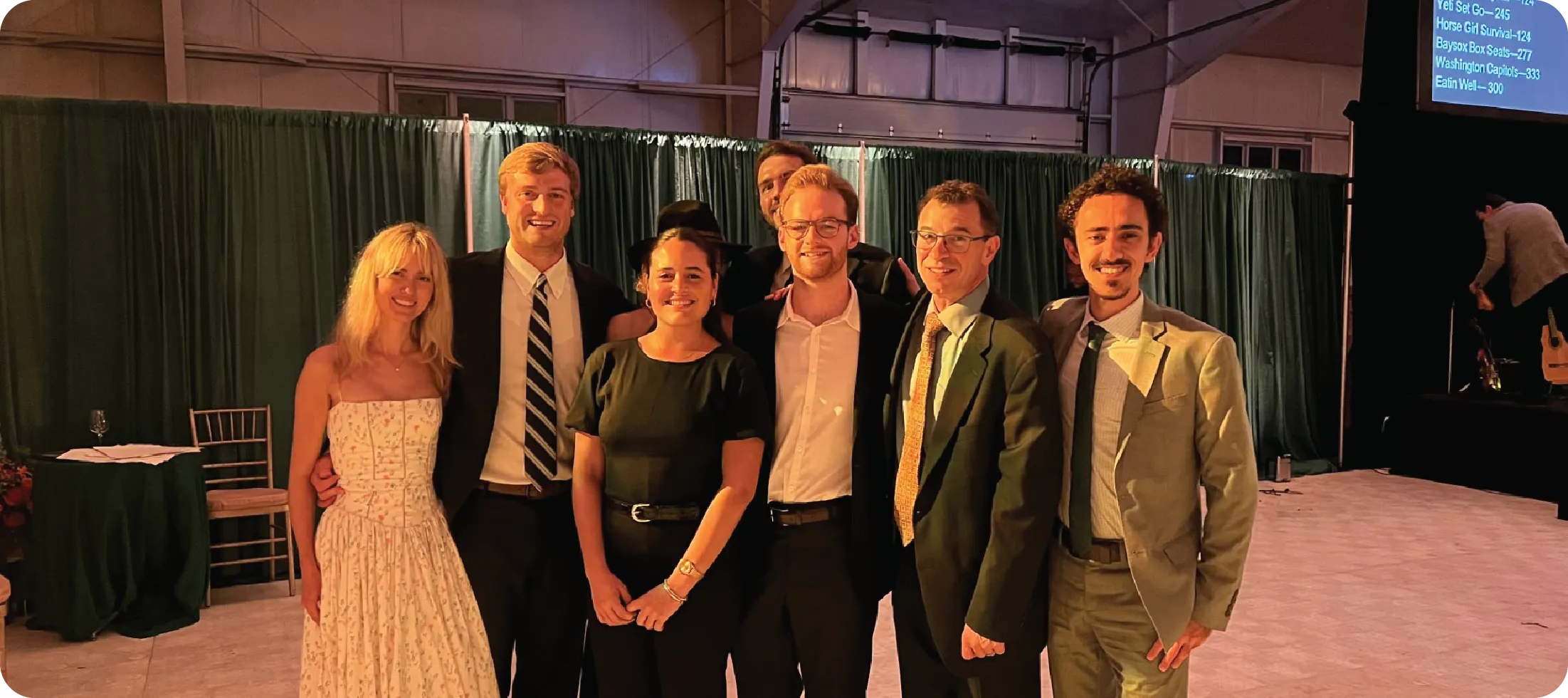
Along with being a Madison customer, Promise Landing Farm is a non-profit 115 acre equestrian farm that seeks to engage community members with and without disabilities, including veterans and their families to foster community building through free horse-riding lessons. The farm hosted its annual Promise Landing Ball this fall, bringing together community members and horse enthusiasts to celebrate and support its mission. Several Madison employees attended, showing support for our valued partner and this meaningful cause.
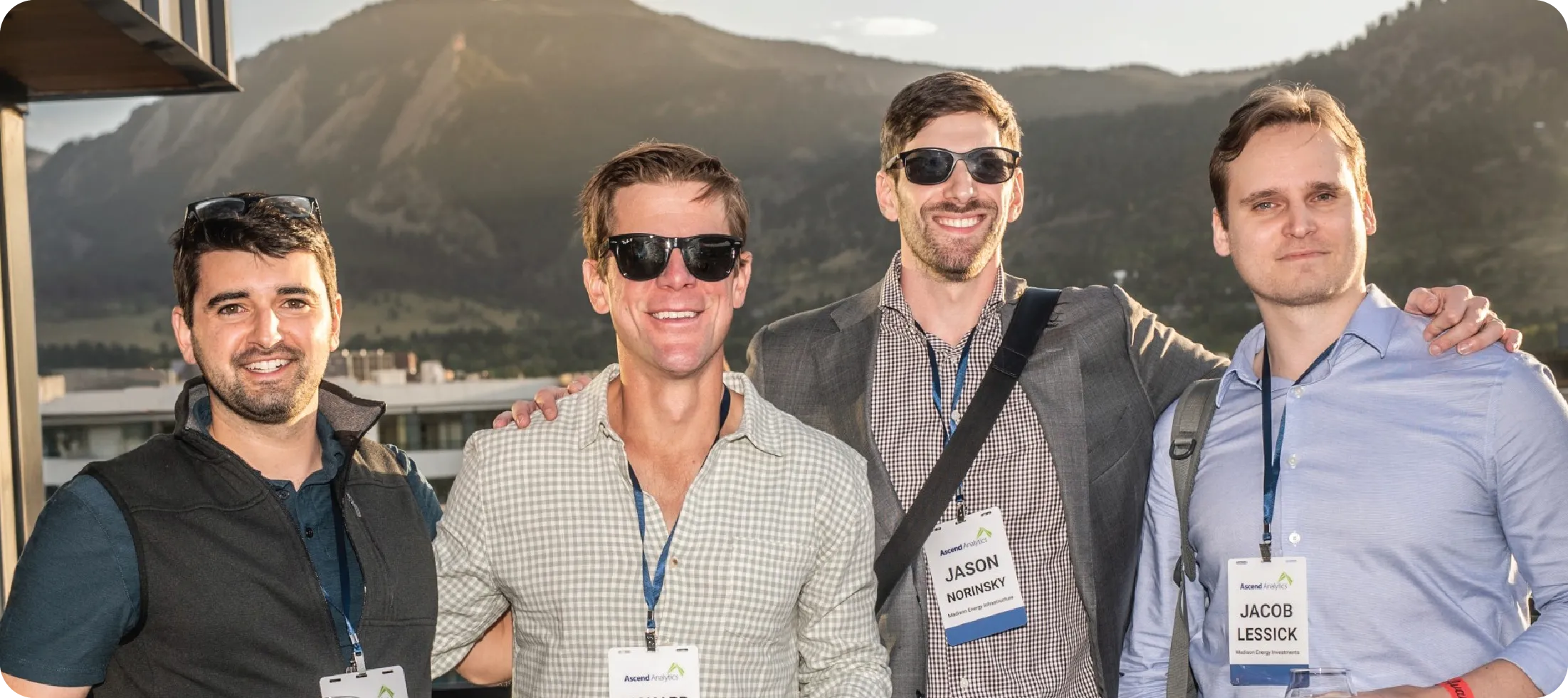
At the recent Ascend Analytics Conference, distributed energy storage emerged as a key focus, driven by rising energy costs and lower energy storage prices. Madison's CEO and founder, Richard Walsh, spoke on the keynote panel with United Power and other clean energy companies, discussing the benefits and challenges of local energy generation and storage. Elias Hatem, Jason Norinsky, and Jacob Lessick also represented Madison, contributing to discussions on how utilities, MOUs and Co-ops can harness energy storage to reduce congestion and save on energy and transmission costs. A central theme of the event was the need for new, innovative financing structures to fully unlock the development of energy storage systems across the country.
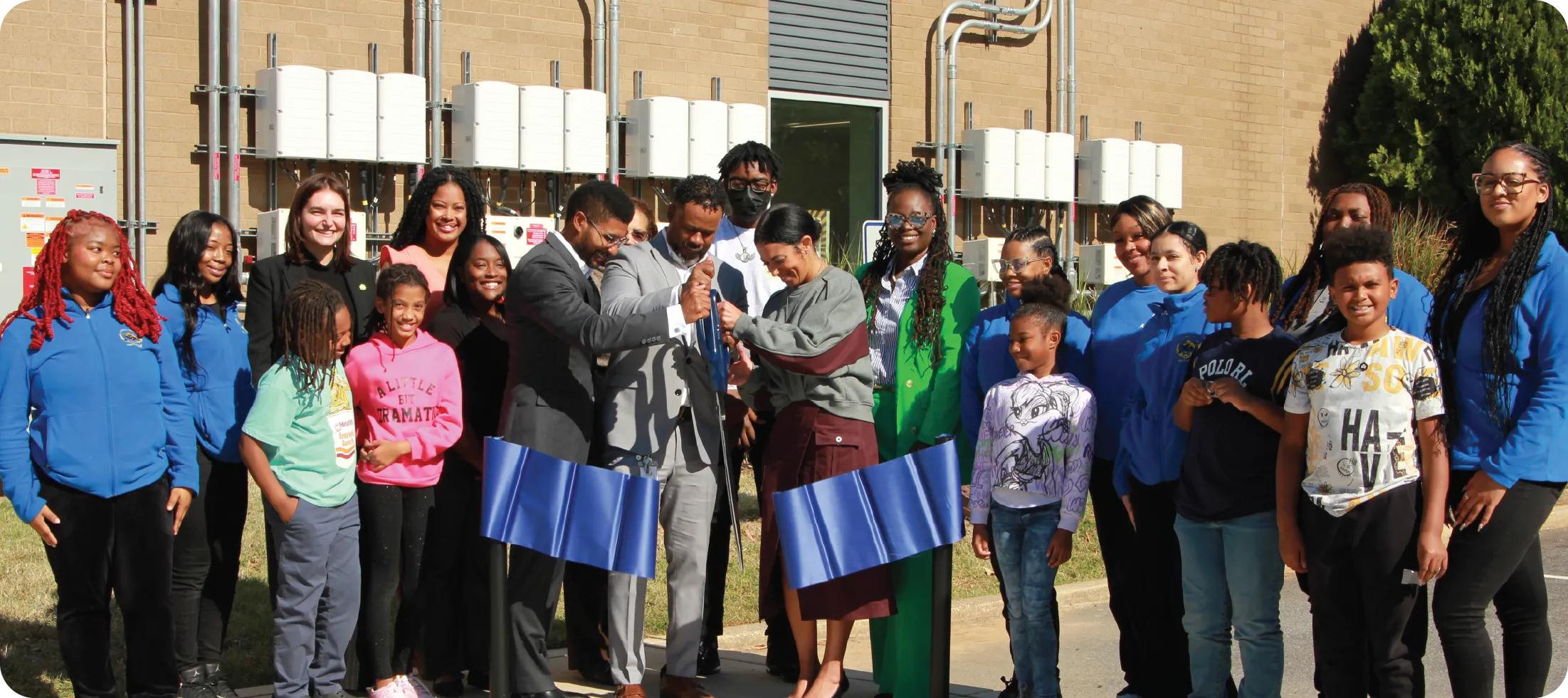
We are thrilled to announce the successful installation of a 625 kW DC solar rooftop system at Legends Charter School, Equity Now’s flagship K-8 school. Equity Now, a nonprofit focused on financial education and community impact, partnered with Madison to bring clean energy to the school, resulting in significant cost savings and setting a sustainable example. As long-term owners of the system, Madison proudly supports Legends’ journey toward sustainability by providing educational resources to inspire students in the clean energy field.
Kim Scott
From a young age, we're often taught not to speak unless we have something nice to say. However, as a manager, it becomes essential to speak up, especially when it's difficult.
Kim Scott, a former executive at Google and Apple, developed the concept of Radical Candor, a management approach that combines caring personally with challenging directly. Without both, you risk falling into behaviors like obnoxious aggression or ruinous empathy. This framework helps leaders build stronger relationships, foster feedback, create cohesive teams, and drive meaningful results.
Scott’s book provides practical advice for managers looking to navigate their role effectively while maintaining their humanity and creating a fulfilling work culture.
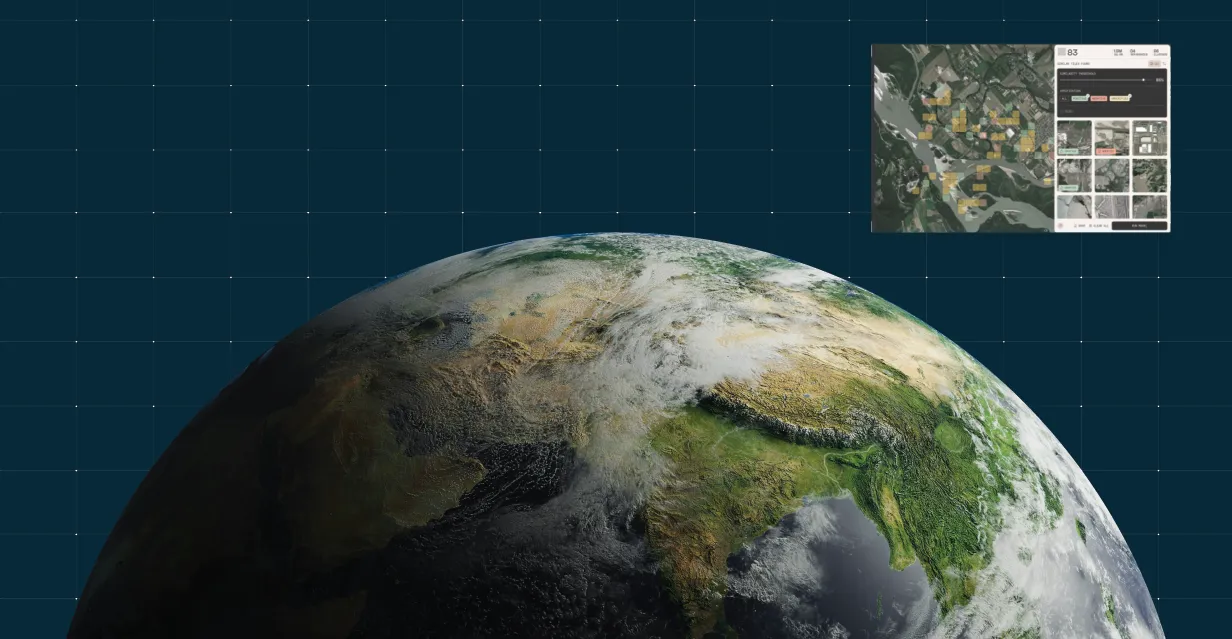
AI-driven "embeddings" are transforming Earth observation by converting vast datasets into actionable insights, enabling real-time analysis of environmental changes. While this tech offers huge potential for tackling climate issues, implementing it comes with challenges like ensuring privacy and the need for specialized skills. Curious about how this could transform our future and help the planet? Keep reading to learn more about AI's powerful role in Earth observation.
